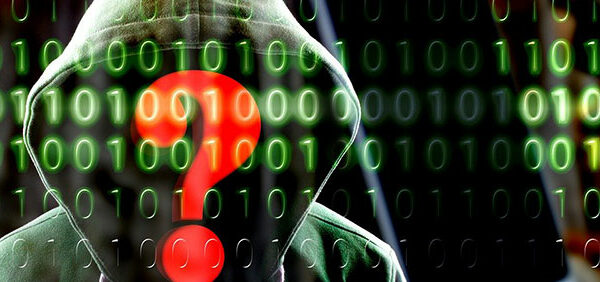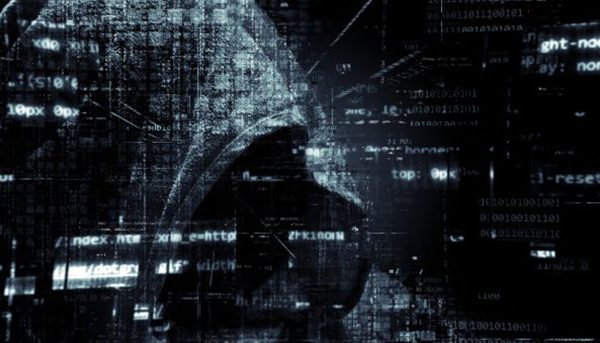In recent months, individuals and businesses alike have been hit by malware attacks that hold victims’ files hostage with encryption. Payment is demanded in exchange for a key to reverse the damage. One of the most prevalent malware attacks—CryptoWall 2.0 (and CryptoWall 3.0 as of a few days ago)—can run on nearly any version of Windows currently deployed. It can infect both computers that run newer 64-bit Intel and AMD64 Windows systems.
CryptoWall is sent in an email from Administrator@outlook-us.com. With the subject “Important – New Outlook Settings,” the email comes with a URL (different each time) that appears to change what it’s doing each time you click it. It may download “message.zip” with the virus (outlook_settings_pdf.exe), or load what appears to be a blank page or even a poem.
If the virus gets to run, it uses the system Cryptographic Services to start encrypting your files so they can be held for ransom. At that point, you can’t access, read or work in your files. Without a working backup, your options are to pay the ransom or lose your data.
We don’t recommend paying the ransom. And neither does the FBI. It only furthers these types of cyber attacks. And there’s no guarantee of getting the key. Plus, who’s to say you won’t be attacked again—particularly if they know you’ll pay.
As the saying goes, the best defense is a good offense. So what can you do?
The Brookfield Group specializes in securing company networks and data. We can help you develop a security plan to protect your company against cyber attacks. However, there are some common measures that you can quickly put into practice:
- Install application firewalls that use rules to block traffic to suspicious or known malicious websites
- Use mail filters that block phishing e-mails
- Back up servers regularly and frequently test backups to ensure they work
- Back up your data frequently on an external hard drive or cloud service
- Keep everything up to date, as software companies are constantly releasing security updates
- If you are using cloud backup, make sure you use versioning, as ransomware can attack other drives and cloud storage
- Upgrade to the newest version of Windows because older versions of Windows don’t have good spam filtering and malware protection
- Require employees to take a computer security awareness training
Contact The Brookfield Group for more information or a free consultation.





